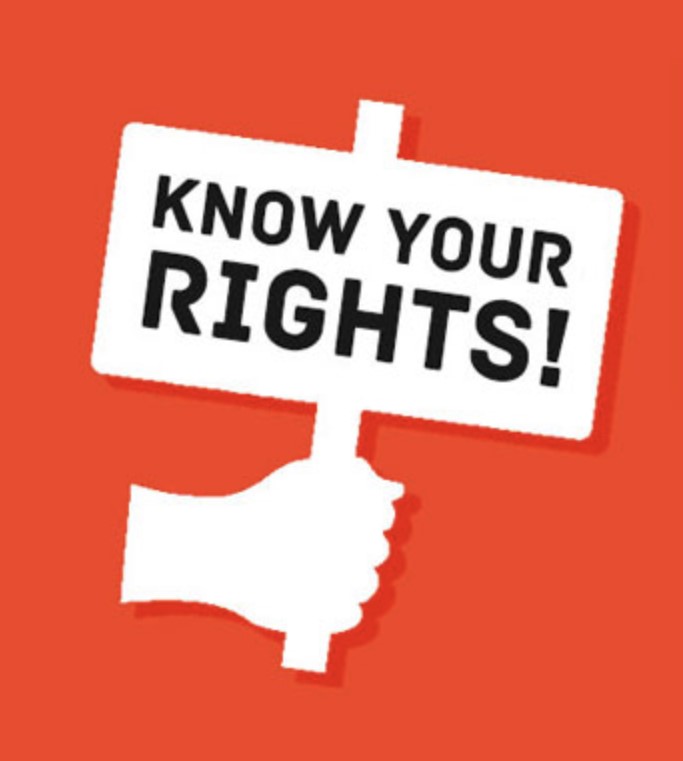Dealing with Debt Collectors
While ignoring phone calls from collections may seem like a simple fix, it isn’t. There are many better ways to address your financial situation head-on and make it more manageable. Falling on hard economic times can be very stressful. If you are unable to pay your debts or don’t know how to approach the situation, here is information to know and how to negotiate with a debt collector.

Don’t Avoid Debt Collectors:
Being proactive is the best way to be in these types of situations. The consequences of avoiding your debt can be serious; you could be sent to court and ordered to pay what you owe. Keeping track of your debt by monitoring statements and communication with debt collectors can eliminate this risk. Avoidance is never the answer. Regardless of if your voicemail box is full or you keep hitting decline on the calls, creditors and collectors may try to reach you elsewhere like your work or a relative.

Ensure That Your Debt is Yours:
Make sure that the debt you owe is yours. When receiving a bill, you can request a validation letter. “Debt collectors are required to send you one within five days of contacting you. This letter will let you know what you can do if you believe there is a mistake or an error. If the collections agency refuses to send you a letter, this is a red flag.” Being scammed is always a possibility so it is important to verify that the debt being collected is actually owed.

Your Rights:
- Debt collectors are not allowed to harass you, lie to you, or use profane language. They must tell you who they are as well.
- Legally, they can only call you Monday through Saturday between 7AM and 9PM and Sundays between 1PM and 5PM.
- In Ontario, Alberta, and Nova Scotia there is a “three strikes” rule, limiting collection agents from emailing you, leaving a voicemail, or speaking with you more than three times within a seven-day period after having an initial conversation with you.
- There is no statute of limitations on how long a collection agency or creditor can try to collect an outstanding debt. However, Canadian legislation does set a statute of limitations on the amount of time a creditor has to sue you based on acknowledgement of the debt. This time frame varies by province:
- 2 YEARS: Alberta, British Columbia, New Brunswick, Ontario, Saskatchewan
- 3 YEARS: Quebec
- 6 YEARS: Manitoba, Newfoundland, Labrador, Nova Scotia, Prince Edward Island, the territories
- Collectors, on behalf of the creditor, must take you to court first and win before any such action can take place, with the exception of money owed to the government or to a credit union—they can issue wage assignments, which is really just wage garnishment but without having to go through the courts.
- Creditors have a limited window of time where they can take you to court. This time frame varies by province and the clock starts ticking based on acknowledgement of the debt:
- 2 YEARS: Alberta, British Columbia, New Brunswick, Ontario, Saskatchewan
- 3 YEARS: Quebec
- 6 YEARS: Manitoba, Newfoundland, Labrador, Nova Scotia, Prince Edward Island, the territories
- Debt collectors are allowed to contact your family, friends, neighbours, employer, and the like, but only to attempt to get your phone number and address, or to confirm your employment. In doing so, they cannot discuss your debt with these people, and once they’ve made contact, they cannot call them again. There are exceptions, however, if the person being contacted co-signed your loan or you’ve previously given the financial institution permission to contact the individual.
Plan
“You don’t necessarily have to pay what the agency is asking of you; you can make your own offer. So first, figure out what you can realistically afford to pay. It’s important to know your limits so you don’t go beyond them and get yourself into a similar situation of owing more than you can afford.”

Negotiate, Negotiate, Negotiate:
The best way to negotiate to reduce your offering by at least 25–30 percent, or even as much as 50 percent of the total you owe. “For example, if you can afford a $1,000 lump sum payment, try offering a settlement in the amount of $500 first. This goes for monthly payments too. If you can afford $100, try offering $50 first. Some agencies might accept your offer. If they don’t, they’ll counter-offer and you know you have wiggle room with what you can afford. At some point, you might need to reveal your actual limit… but never make that your first offer”
Whether you have current debt or credit issues, our agents are here to provide information and explain your options regarding an auto loan. Have you considered giving us here at autoloans.ca a call? We afford every application we receive the same decision process, meaning that no matter how bad your credit score is, you’ll get the same degree of attention and care as everybody else.

